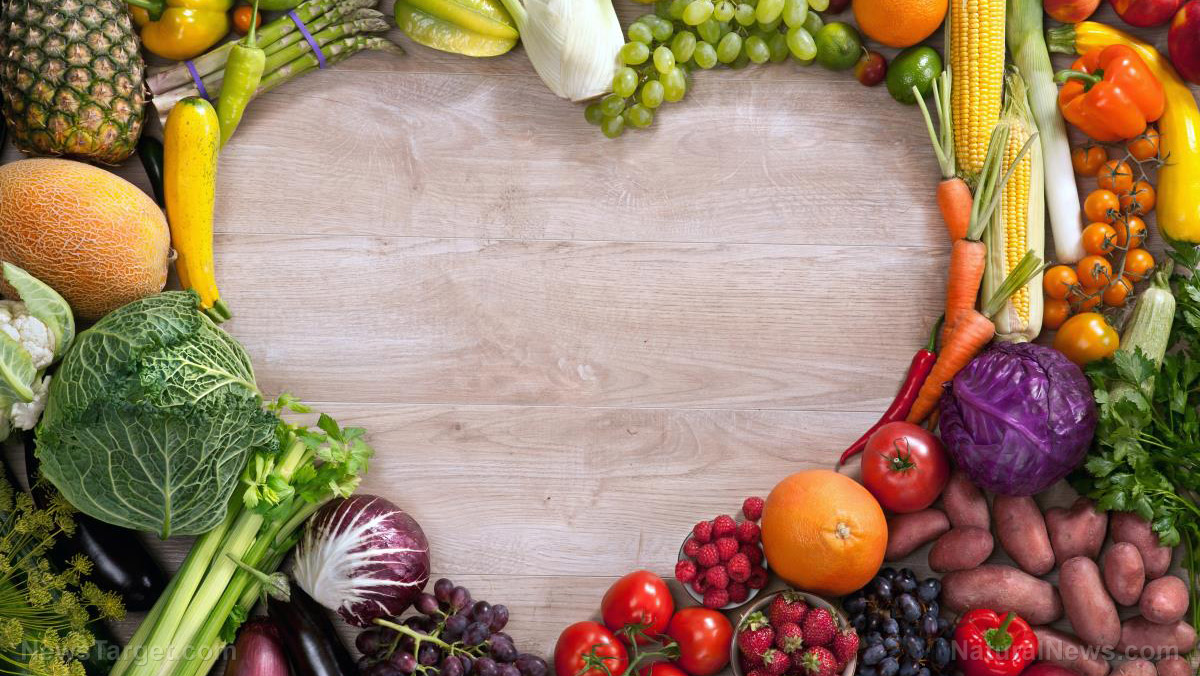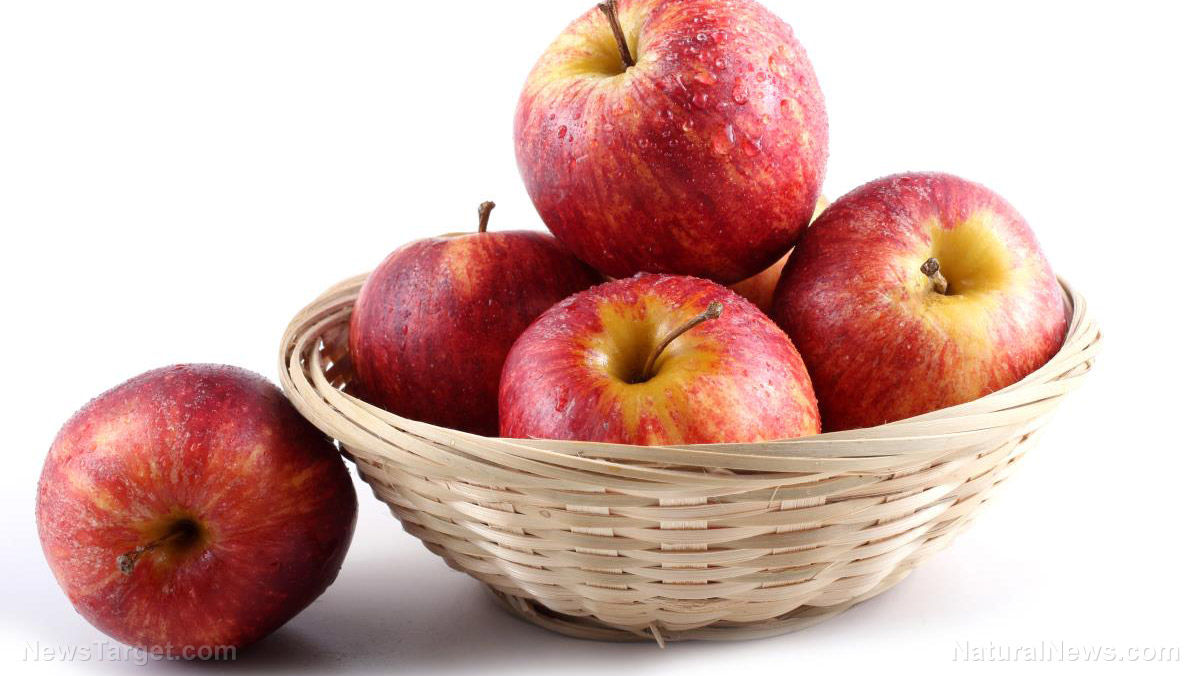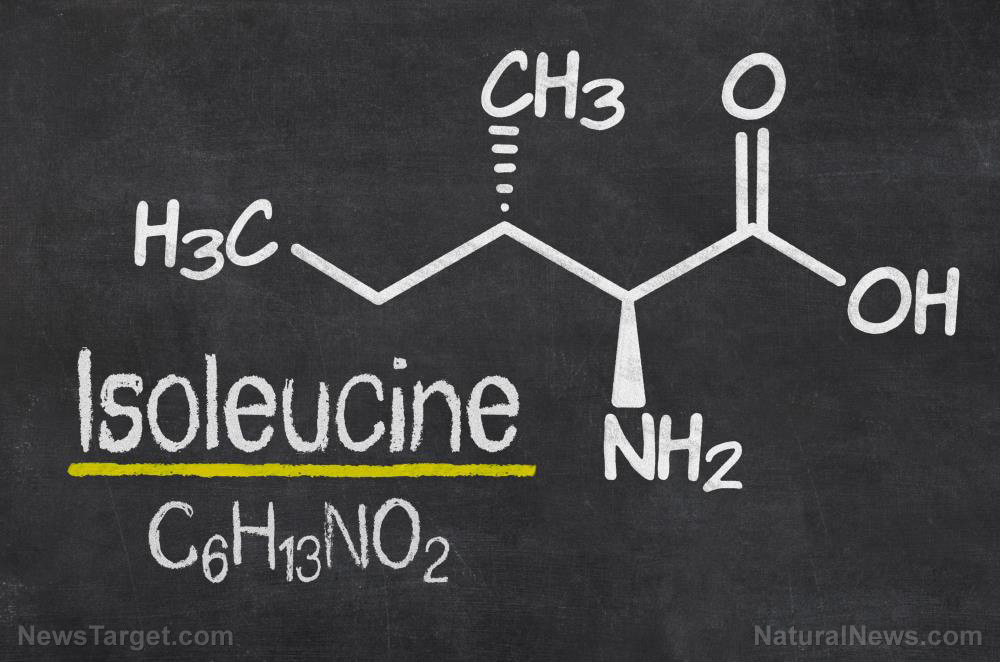Glutathione is your body’s premier antioxidant and detoxifier
10/25/2018 / By Tracey Watson

The combination of our modern nutrient-depleted diet, a lack of exercise, high levels of obesity and low levels of a vital enzyme known as glutathione have combined to create a toxic environment perfect for the development of the many lifestyle diseases plaguing humanity today. Over 125 million Americans have at least one chronic condition like heart disease, diabetes or an autoimmune illness, with nearly half of us having two or more of these conditions.
In addition to common sense steps like losing weight, making healthy food choices, and incorporating more exercise in our daily routines, there is another often overlooked key to better health: protecting and encouraging increased levels of glutathione, the body’s master antioxidant and premier detoxifier. (Related: Deficiencies in glutathione explain why many of us are suffering chronic health conditions.)
What is glutathione anyway?
The Truth About Cancer explains that glutathione is a simple molecule absolutely essential to the prevention of chronic and age-related diseases. It is produced naturally by the body and is made up of a combination of three protein or amino acid building blocks: cysteine, glycine, and glutamine. It is capable of regenerating itself in the liver and fights the accumulation of free radicals in the body. Free radicals are the result of toxic overload in combination with normal cellular metabolic oxidation, and are directly associated with inflammation and disease, particularly autoimmune and other chronic diseases.
As reported by Natural Health 365, glutathione neutralizes toxins and free radicals, boosts immunity, reduces inflammation, repairs DNA, transports amino acids to and from cells, and performs a host of other vital functions. In addition to recycling itself, it also rejuvenates other antioxidants like vitamins C and E and alpha lipoic acid.
Natural Health 365 reported:
Although glutathione is found in every cell in the body, it is particularly concentrated in the liver – where it works overtime to neutralize the carcinogens, pollutants and toxins to which we are exposed on a daily basis.
These include pesticides, herbicides, heavy metals (such as mercury in fish), vehicle and factory emissions, chemicals such as benzene and chlorine found in household cleaners, GMO foods and even radiation from wireless networks.
The link between glutathione and autoimmune disease prevention
The number of people fighting autoimmune diseases has increased dramatically in the past few years, and researchers now believe that these conditions are closely related to leaky gut syndrome, which allows bacteria, toxins and antigens to enter the bloodstream, triggering immune reactions and chronic inflammation.
Recovering from leaky gut syndrome is closely connected with the body’s ability to efficiently recycle glutathione.
Recycling glutathione depends on having the right balance between glutathione’s two main forms: reduced and oxidized. When glutathione recycling is functioning optimally, it can protect cell mitochondria, give the immune system a boost, and promote tissue recovery – not to mention healing leaky gut syndrome.
There are several lifestyle changes you can make that support glutathione recycling. Eating a healthy diet that is free from GMOs and low in sugar is a crucial step, and it’s also important to stick to a regular exercise routine. Stress reduction might be easier said than done, but it’s also essential, so consider meditation, hobbies, or other proven methods of addressing your stress. Getting enough sleep can also help.
In addition to these common-sense steps, there are several supplements which promote proper glutathione recycling. The mineral selenium helps to covert reduced glutathione to the oxidized variety, while N-acetyl cysteine can raise the levels of glutathione found in older cells. Vitamin C helps to convert oxidized glutathione to the active reduced form, while B-complex vitamins assist with glutathione production.
The other important way to protect our precious glutathione levels is by eating foods that encourage glutathione recycling, including okra, cantaloupe, spinach, avocados, oranges, grapefruit and cruciferous veggies like broccoli and cauliflower.
Some people also take oral glutathione supplements, though natural health experts have mixed opinions about their efficacy.
Working along with our bodies to protect the glutathione cycle with its incredible array of functions is vitally important and will be rewarded with enormous health benefits.
Learn more at Nutrients.news.
Sources include:
Tagged Under: antioxidants, autoimmune disease, chronic disease, detox, detoxification, Glutathione, natural health, natural remedies, nutrients, prevent disease, supplements




















